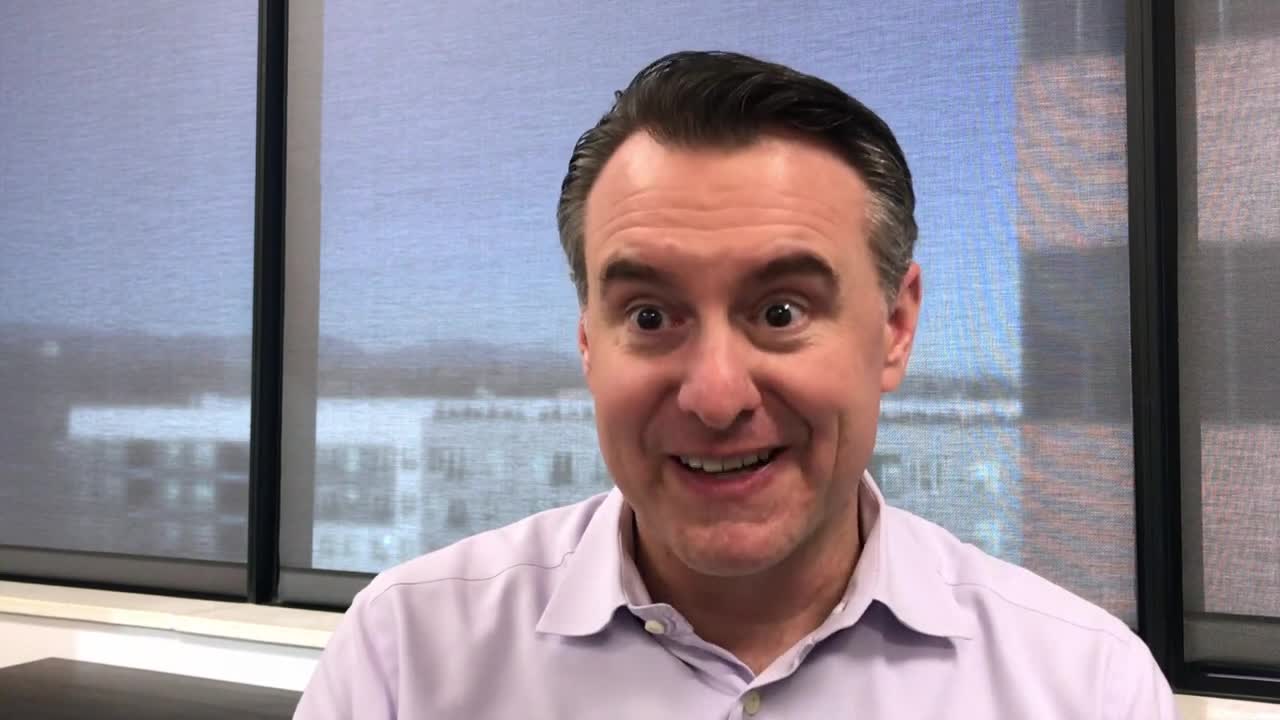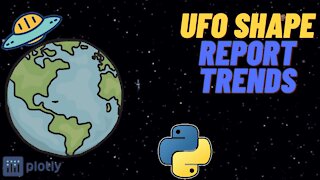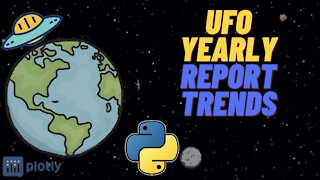Premium Only Content

2020 Annual Report on ERP: 3 trends that powered ERP in 2019 will make 2020 the year of the SMBs
erpadvisorsgroup.com // 866-499-8550
If there was a theme for 2019, it was the year cloud-based ERP finally arrived. No longer a novelty, cloud ERP is the new normal, the “big deal” — the baseline paradigm.
But if 2019 was big, 2020 will be small … and medium. For our Annual Report on the State of ERP, we sat down with Shawn Windle to reflect on 2019, and discuss why 2020 is the year the SMBs invade ERP.
Partial Transcript: (visit our website for a complete transcript)
My name is Shawn Windle, and I’m with ERP Advisors Group. I’m the Managing Principal and the founder of the organization. And what I want to share today with you are some ERP trends from 2019. It’s been a really interesting year for ERP: I’ve seen a lot of changes over — probably the last 10 years or so, from a cloud-based perspective, but 2019 in particular.
There are three things that happened that I’m really, really excited about, and I think probably make 2019 one of the best years for ERP that I’ve certainly experienced.
The first thing is that companies and organizations of all kinds — nonprofits, government agencies, you name it — everybody’s looking at investing in software. We have a lot of people that are out in the market that are looking at their business processes, and the reports, and kind of all the information that they need, and they’re saying, “I’m going to the market and I’m going to find a solution for that.”
Of all the years that I’ve worked in this industry — gosh, probably 25 — I have really been astonished at the size of organizations (from teeny tiny to super, super big, as well as just the different types of organizations that are out in the market) really looking to automate their processes with ERP. I think that’s super cool, because it does show that there’s a lot of interest, but there are also a lot of interesting solutions in the marketplace too, which leads to the second point that I have.
We’re really seeing that there are a lot of different types of software in the market that are very specific to industry, not just, say, wholesale distribution — but also to contract equipment manufacturers for high tech electronics, very specific solutions.
So it makes our job as selections consultants pretty interesting because we have to go out and really understand the solutions that are there and figure out what’s really best for our clients. Which is great, because there are a ton of great applications out there.
I think with what we’ve seen with cloud — and I think the deployment cost of getting a new application into the market is a lot less than it’s ever been. For instance, when I think back to my days at J.D. Edwards and PeopleSoft, the software application vendors had to build a huge framework, and then they’d build business processes on top of that, or business applications that then they’d go to market with.
It’s not that way anymore. There are several organizations that build apps on top of Salesforce, on top of their platform, that almost overnight they can come in with an industry-specific solution for a micro-vertical. Not just a vertical, but a micro-vertical. And boom, there’s a great product that’s available.
Of course, you’ve got to look at longevity, and you have to look at how many customers they have and how much R&D they have for the long term. But it’s exciting to us to see the types of solutions that are coming into the market.
And then the third thing that is probably the most beneficial for our customers is that I feel like the implementation partners, the systems integrators, the value-added resellers … we’re really seeing a lot of companies come of age. And what I mean by that is the implementation partners know how to do what you would think they’re supposed to do.
So, you know, truth be told, implementing ERP is really, really hard. This is not the kind of stuff that you want your kids to do when they grow up. Just kidding — it’s not that bad. But getting an implementation partner that understands your business, understands the product, understands the technology underneath the product, understands the configuration, the customization, the reports, the analytics packages, everything else that goes with this, is kind of challenging. It’s really challenging. But what we’re seeing from an ERP advisor’s perspective across the many, many selections and implementations that we did this year is that we really feel like our partners are strong.
And as I said, they’ve really come of age. They’ve been through lots of different experiences with the different products that they represent, and they’re good. So as always, on all of our conferences, everything I talk about, the implementation partner — and our experience is usually more important than the software solution because the software solutions are more on a mature kind of path.
-
 3:05
3:05
ERP Advisors Group
1 month agoThe ERP Minute Episode 205
81 -
 2:58
2:58
AFV
4 years agoTrends Of 2020
1.19K2 -
 6:44
6:44
#TonOfFunStable
4 years ago2019 Annual Show
104 -
 5:52
5:52
#TonOfFunStable
4 years ago2020 Annual Big Show
92 -
 6:24
6:24
Matea Vasileski
4 years agoAnalysing UFO Shape Report Trends with Python (NUFORC Data)
49 -
 6:44
6:44
Matea Vasileski
4 years agoAnalysing UFO Yearly Report Trends with Python (NUFORC Data)
35 -
 0:59
0:59
luciferl
5 years agowill I have time to make a report?
61 -
 0:51
0:51
KTNV
5 years agoMorning traffic report | Oct. 8, 2020
417 -
 1:19
1:19
KJRH
5 years agoProtecting older adults: FTC issues annual report to Congress
76 -
 2:52
2:52
NamePending
5 years ago $0.02 earnedNNNN - Election 2020 Report
359